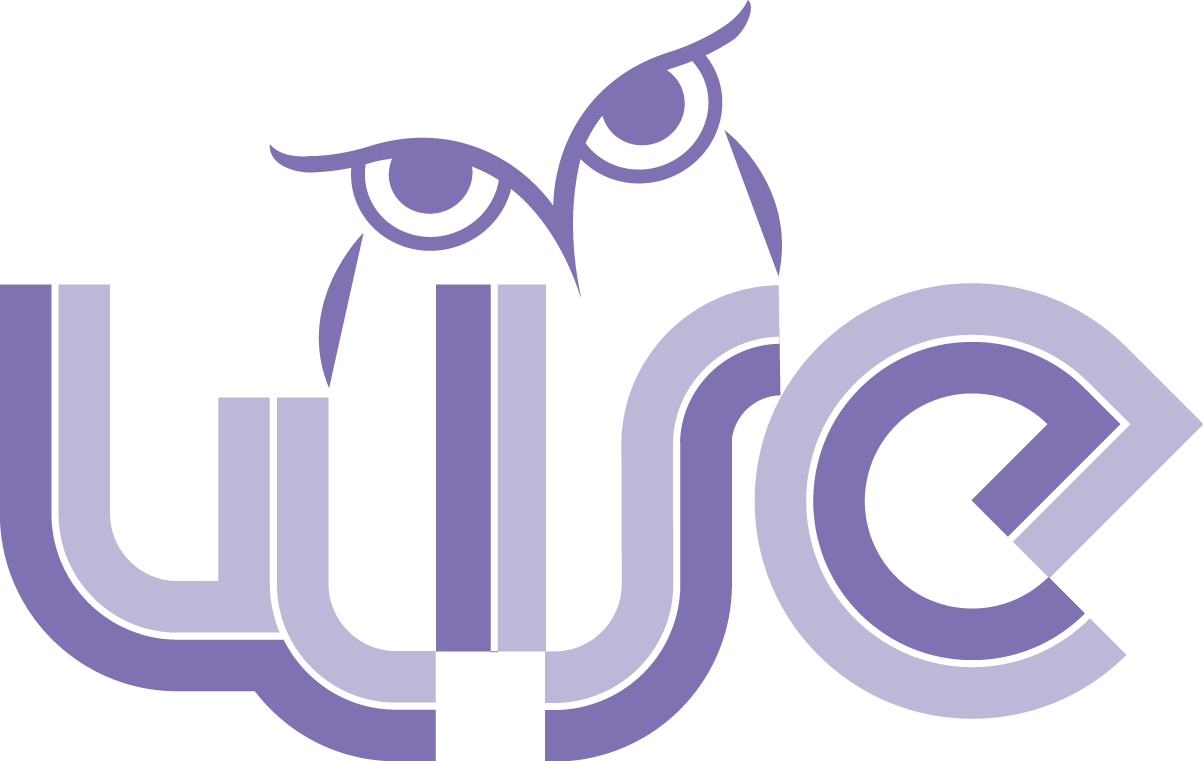Separation and the Journey towards Wholeness
I've been reflecting on verses from Rumi and recently came across a story that resonated deeply with what we’ve been learning through our teachers. It beautifully echoes the teachings of Hor Tuck Loon, who emphasized that "we are all part of nature, not separate from it." Rumi’s wisdom speaks to this very truth, illustrating the profound connection between the self and the larger whole, reminding us that our sense of separation is merely an illusion.
In the opening verses of the Masnavi, Rumi speaks through the voice of the reed flute, or nay, which has been cut from the reed bed. The flute mourns its separation, expressing the deep sorrow of being torn from its source. It yearns to return to the place where it once grew, firmly rooted in the earth. The flute cries out: "Listen to the reed, how it tells a tale, complaining of separation." Since the moment it was severed, it has been filled with sorrow, reflecting the universal longing of every soul to reunite with its origin. Though the flute plays the sweetest melodies, its music carries the weight of profound sadness—the sadness of all beings who have forgotten their true essence and become lost in the world of separation.
The flute’s lament, while pleasing to human ears, is not merely a song; it is a call to return to its source. This story symbolizes that suffering arises from attachment to the ego and the mistaken belief in a permanent, independent self. The flute’s sorrowful melody is symbolic of the human condition—our pain of separation from the truth of existence, caused by clinging to the illusion of an individual self.
Just as there is no permanent or unchanging self, what we think of as the "self" is nothing more than a collection of constantly shifting mental experiences. In Rumi’s story, the reed flute represents the illusion of self, having been cut off from its true source, lamenting its separation. The flute’s perception of isolation mirrors the ego’s illusion of being separate from the interconnected web of life. Though the flute believes itself to be an independent entity, it is, in reality, part of a larger whole. This perceived separation can be understood as ignorance—a fundamental misunderstanding of the nature of reality. The flute's sorrow, therefore, represents the suffering that emerges when we cling to this illusion of individuality.
Rumi's story teaches that the flute’s lament, symbolizing the pain of separation, should not be rejected or avoided but rather observed and understood. It is only through understanding the nature of suffering that one can awaken. The flute’s sorrowful song holds within it the potential for spiritual growth. Just as the flute’s sorrow stems from its separation from the reed bed, human suffering arises from attachment to the ego and worldly concerns. To cultivate wisdom, one must learn to let go of these attachments.
The flute’s longing to return to its source parallels the human desire to recognize the interconnectedness of all things and to be freed from attachment. The ultimate resolution to the flute’s sorrow is the recognition that the separation it laments is, in fact, an illusion. In reality, the flute was never truly apart from its source; it has always been part of the same nature. This realization is the essence of awakening—the direct insight into the nature of reality, free from the illusion of separateness.
The hollow nature of the flute in Rumi’s story serves as a metaphor for emptiness. Just as the flute’s music relies on the emptiness inside it, human life and wisdom arise from our recognition of the emptiness within ourselves. We, like the flute, are merely instruments through which the larger, interconnected reality expresses itself. In this sense, the sound of the flute can be compared to the practice of meditation, where one quiets the mind and releases attachment to thoughts, ultimately realizing the emptiness that lies at the heart of existence. By embracing this emptiness, one becomes free from the delusion of the ego.
In grace,
Selin Uluer
8 October 2024

